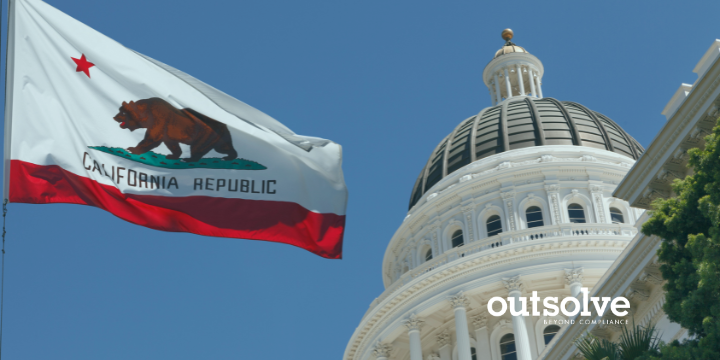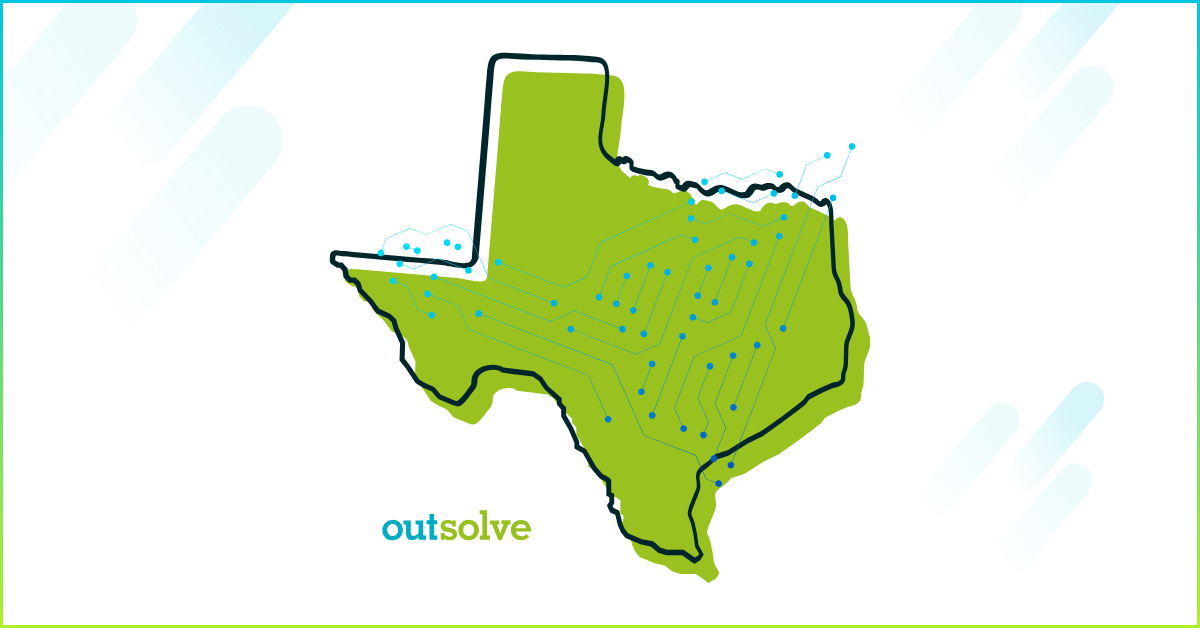2 min read
California Senate Bill Increases Pay Data Reporting and Pay Transparency Requirements
 Alex Gonzalez
:
Sep 6, 2022 5:06:32 PM
Alex Gonzalez
:
Sep 6, 2022 5:06:32 PM

Update: In the latest development as of September 13, 2022, Senate Bill 1162 elected to remove the requirement for CA DFEH to publish each private employers' pay data report on a publicly accessible website. The only employer data that will be published will be in aggregate.
Senate Bill 1162, introduced in February 2022, will lead to significant changes to California’s pay transparency laws and impact both pay data reporting and wage range disclosure requirements. The bill will change the existing law to require a private employer that has 100 or more employees to submit a pay data report to the Department of Fair Employment and Housing (DFEH). It also will revise the timeframe for submission to on or before the second Wednesday of May 2023, and for each year thereafter on or before the second Wednesday of May. It reaches private employers that have 100 employees hired through labor contractors, to also submit a separate pay data report. Employers will no longer be allowed to submit an EEO-1 in lieu of a pay data report.
The pay data reports will include the median and mean hourly rate for each combination of race, ethnicity, and sex within each of the 10 EEO-1 job categories. Submission of a consolidated report covering multiple locations has been deleted in the most recent draft of the bill.
All complaints will be investigated by the Labor Commissioner's Office. Penalties for failure to submit the report(s) will include a civil penalty not to exceed $100 per employee with subsequent failure to file penalties not to exceed $200 per employee. Plaintiffs will also be able to obtain injunctive relief, as well as any other relief a court deems appropriate.
Additionally, an employee may request that the employer provide the pay scale for the position for which the employee is currently employed. For employers in California with 15 or more employees, the bill requires each job posting to include the pay scale and assigns similar posting requirements to third parties handling job postings.
SB 1162 has already passed the Senate and the Assembly Appropriations Commission. If it makes it to the Governor’s office, he will have until September 30, 2022, to either sign or veto the bill.
OutSolve’s previous blogs about the California pay data reporting requirements.
- California Pay Data Reporting Deadline Approaching – DFEH Updates User Guide (3/8/2022)
- California Pay Data Reporting Portal Opens February 1, 2022 (1/28/2022)
- California Sending Failure to File Enforcement Notices to Employers (11/16/2021)
- California’s Department of Fair Employment and Housing (DFEH) Issues FAQs on Pay Data Report (12/3/2020)
- California SB 973 (10/2/2020)
OutSolve’s Take
If passed, SB 1162 could impact businesses throughout California will increased reporting requirements and significant penalties for failure to comply. What is probably more frightening is the thought of all pay data reports being available to the public. It is important to keep a watchful eye on this legislation as well as others brewing at the state level.
OutSolve has prepared a state pay transparency law overview. For further information about this resource, please contact info@outsolve.com or by calling 888-414-2410. More information about our Pay Equity Analysis Services can be found on our website.
Alex Gonzalez recently joined OutSolve as VP of Product and Market Development. Alex will be working with the team to expand OutSolve’s offerings for clients and bring greater opportunities for growth and development to OutSolve. He has spent more than 30 years leading hundreds of clients in various industries in preparing affirmative action programs and diversity programs, implementing software solutions, and managing strategic product roadmaps.
Weekly OutLook
Featured Posts

5 Key Compliance Items HR Can’t Afford to Ignore

HR Compliance Checklist: What Every HR Pro Needs to Know
Related Posts

What Texas HB 149 Means for HR Professionals
AI is already changing how companies hire, manage, and evaluate employees in the workplace. For HR professionals, AI is a game changer because it can...

New Jersey Pay Transparency Laws: What You Need to Know
Update: New Jersey proposed updates to its pay transparency law in October 2025. If passed, the requirements will be a first of its kind in that...

Legal Series: Top 4 HR Compliance Trends to Watch in 2026
This article is part of an ongoing legal series designed to provide insight and practical guidance on current and emerging workplace compliance...

